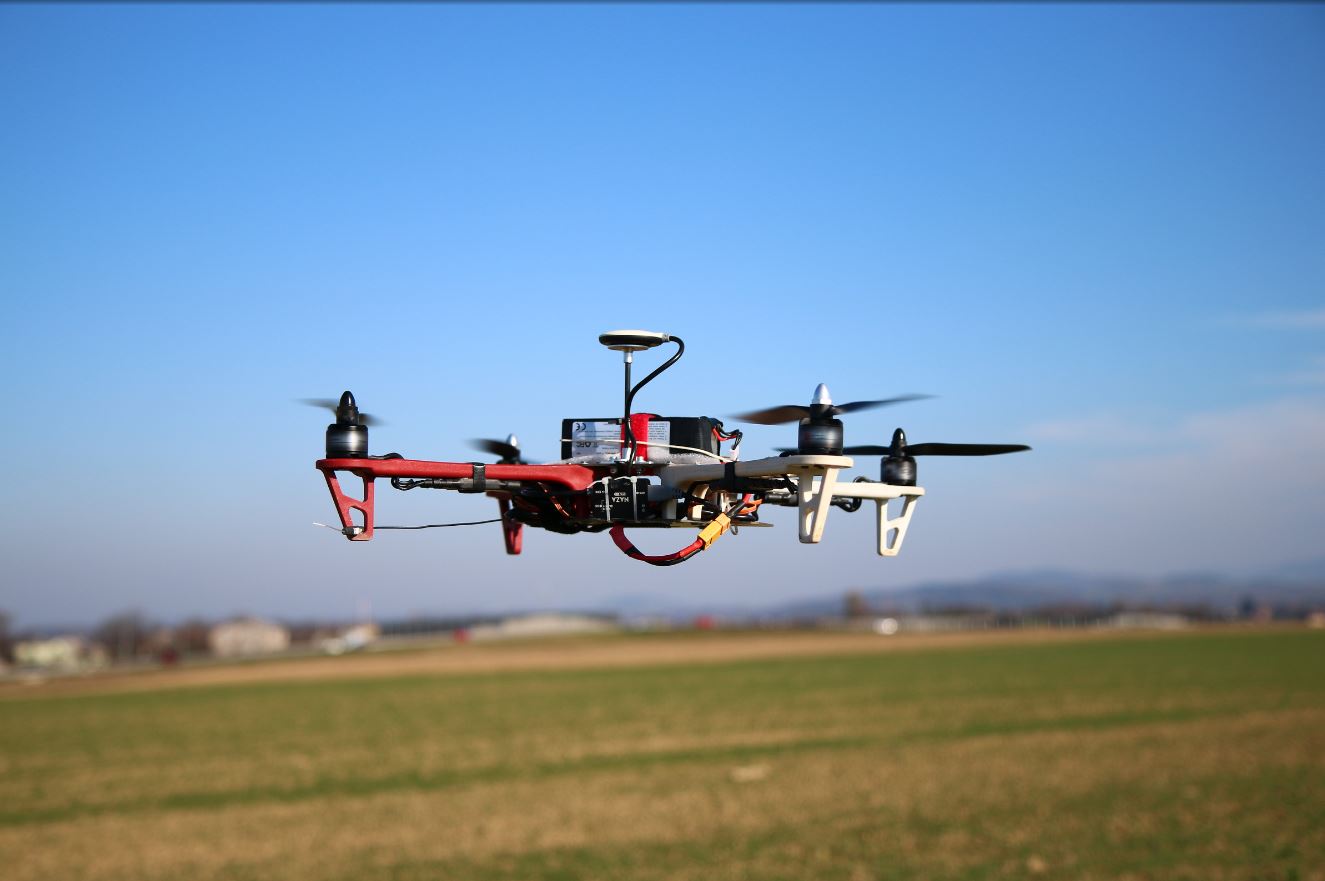A shift towards a more sustainable farming using fewer resources and reducing environmental impact is at the heart of a major new report by the NFU predicting the future of food by 2040.
New technology such as robotics and sensors will play a key role in helping farmers monitor plants accurately, the report said, which will predict the early onset of disease and stress and enable a move to a precision-based agriculture that uses fewer resources.
Smaller and lighter driverless tractors with electric engines will help reduce soil compaction caused by the traditional in-field ‘tracks’ and cut diesel emissions, while solar-powered drones will be able to collect ecosystem data and evaluate potential future environmental schemes.

Robotics will have a huge impact in farming, primarily in replacing manual jobs such as picking and harvesting, which will help alleviate labour costs, as well as in the precise application of inputs like fertilisers.
“Farming and food production is on the brink of a revolution which will see the food we eat and how we produce it undergo a huge change,” said NFU president, Minette Batters. “Advances in technology and the challenges of a changing society are already creating new opportunities for the sector as people’s preferences for what they eat and how they buy it shift on a scale perhaps never seen before.”
Alongside technology, soil health was flagged up as a key trend that will help improve resilience to climatic pressures and reduce the risk of runoff and soil erosion.
Soil health is already at the heart of any organic farming system, but its inclusion in a report looking at the broader agriculture industry, including non-organic, is a significant shift.
The report predicted that a system to ‘credit’ farmers for carbon storage will have emerged by 2040, as the industry gears up to meet the NFU’s pledge that farming will have a net zero contribution to climate change.
A similar system is already used in some parts of the world, such as Australia and California, where farmers can earn carbon credits from soil organic carbon projects like rotational grazing and reduced tillage to help improve degraded land.
“Well-managed and biologically active soils are fundamental to sustainable and profitable farming and in 20 years we should see much better monitoring and analysis,” the report noted.
Environmental themes elsewhere in the report included the idea of ‘conservation as a crop’, where farmers are financially supported for looking after specific iconic landscapes, and the move to present farming as a solution, rather than a problem, to environmental degradation.
Many farms will play a “leading role” in renewable energy production as well as battery storage, alongside a shift towards more diversification and different models of land-ownership, such as shared farming, as the industry tries to secure its economic, as well as environmental, sustainability.
The key change in pesticide use, according to the report, will be the cost of biological controls coming down, alongside the ongoing restriction of and resistance to traditional artificial chemicals.
Biological controls are made from natural sources, such as beneficial fungi or other botanicals, and are used to tackle some pests as an alternative to synthetic chemicals.
Other trends included a rise in controlled-environment farming, such as hydroponics or vertical urban farm enterprises, and further development in 3D-printed food.
On diet, the report said that insect protein and ‘lab-grown’ meat “may well grow in popularity”, if they are made more palatable such as using cricket flour in baking, and said the rise in flexitarianism and reducing meat intake is “likely to continue”.















0 Comments